
Brands & manufacturers

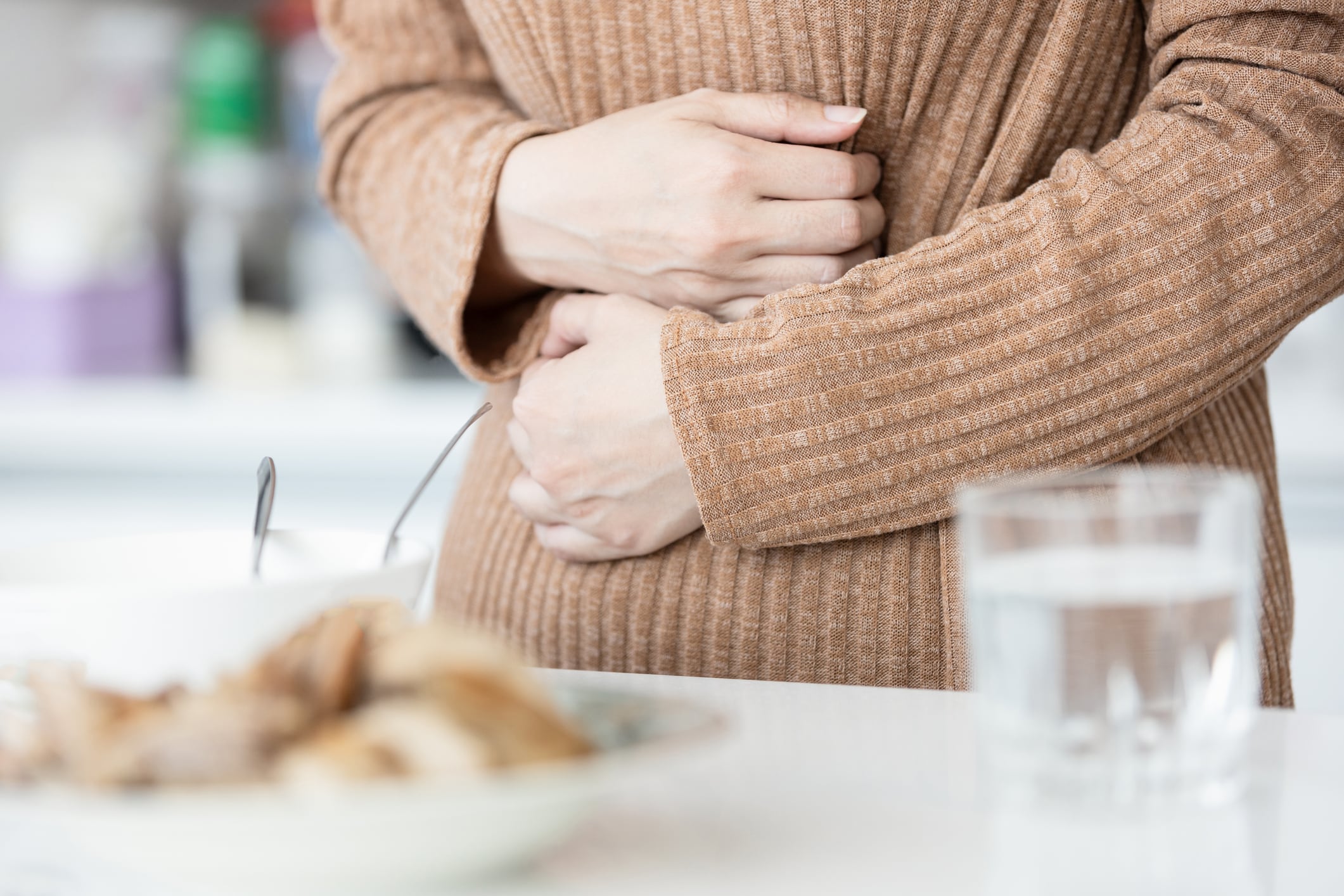
Danone partners with UICC to tackle cancer-related malnutrition
This World Cancer Day (Feb. 4), Danone is urging policymakers and healthcare leaders to tackle cancer malnutrition – one of the most overlooked issues in oncology which affects up to seven in 10 cancer patients.
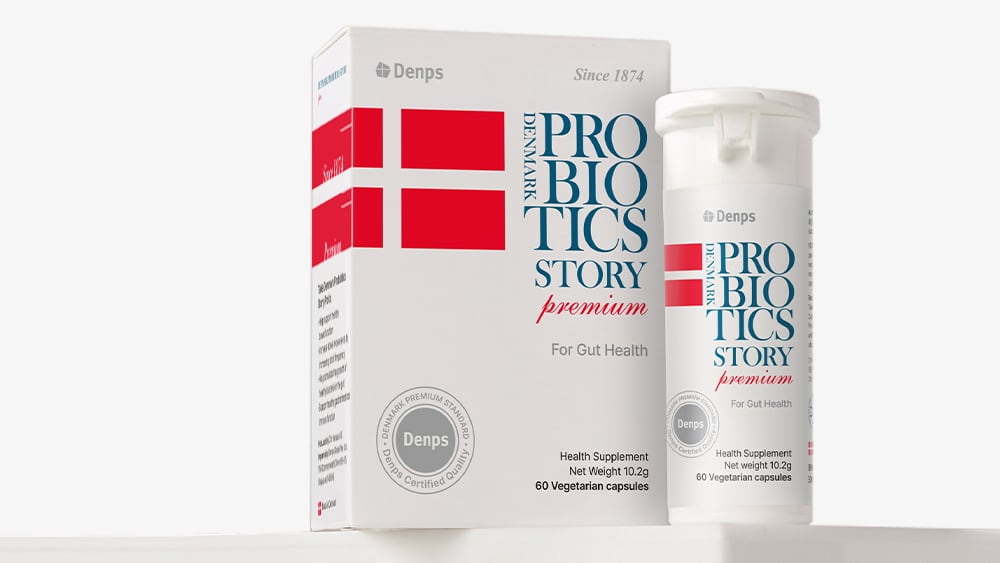
Denps taps into ‘wellness window’ in Singapore, eyes further expansion across SEA
Danish supplements brand Denps is looking to leverage Singapore’s premium market environment as a strategic launchpad for the South East Asian region.

Coffee, energy drinks and caffeinated mints? Neuro consumers want it all
With a growing consumer shift toward health-conscious lifestyles, the market is seeing an increasing selection of caffeine alternatives. Despite the recent rise in options, new research has found that certain consumer segments want it all.

Nutrafol debuts formula tailored for men aged 50+
Haircare supplement brand Nutrafol has launched its first life-stage-specific formula for men, marking nearly a decade since the company innovated in the men’s supplement category.

Startup’s UTI innovation delivers critical prevention missing from healthcare
Supplement startup Extracted has launched a ‘two-pronged’ UTI supplement to prevent and treat this overlooked yet common and potentially lethal problem.

Proposed HEMP Act would create federal CBD pathway as hemp industry faces regulatory crossroads
A bipartisan bill in the U.S. House of Representatives introduced on Jan. 22 could establish the first comprehensive federal regulatory framework for hemp-derived products intended for human consumption.
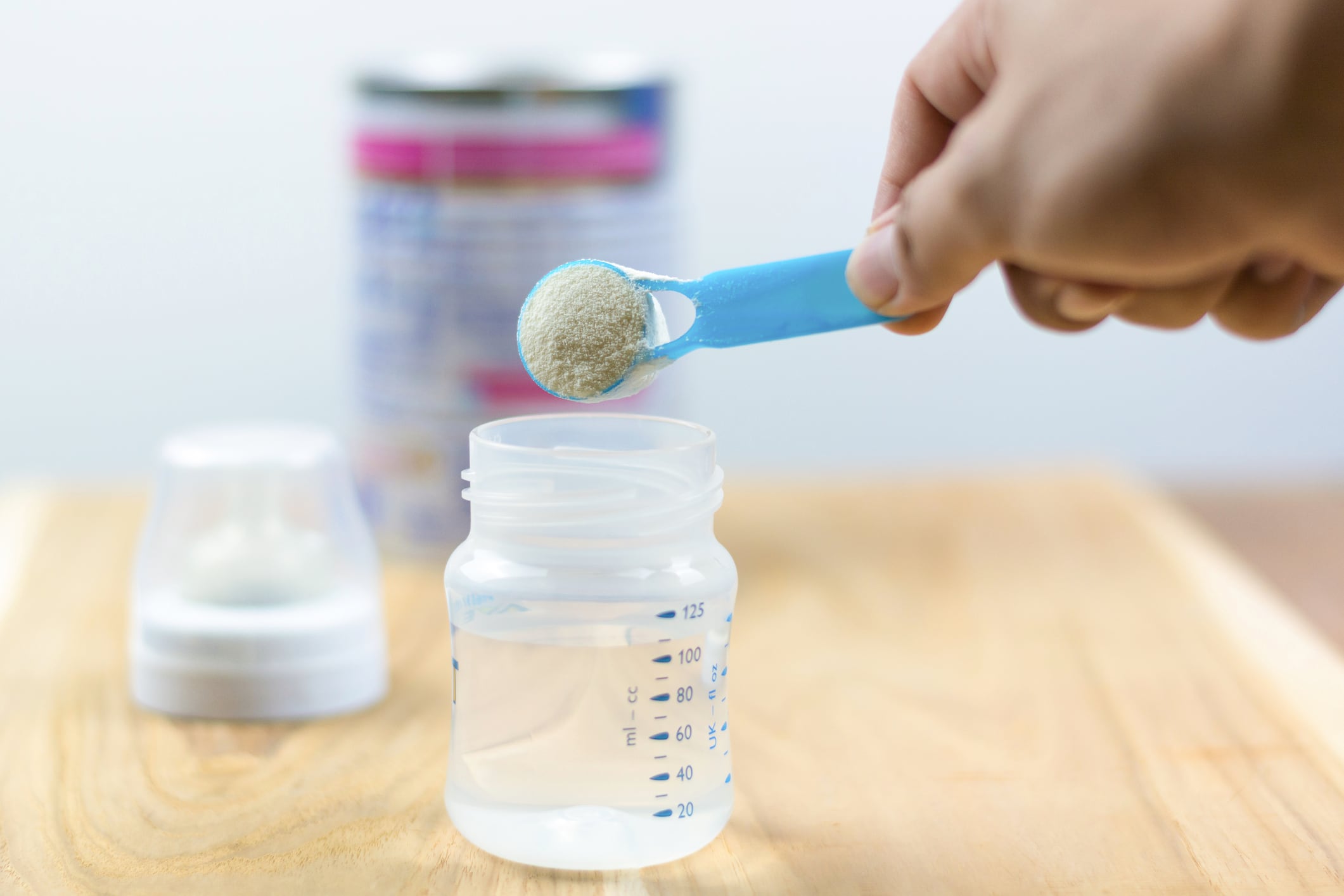
New safety thresholds for toxin disrupting infant formula sector
It’s hoped EFSA’s proposed limits will offer clarity for manufacturers and regulators alike

Building a product that the gut-health-literate consumer will buy
Midlife is emerging as a crucial “protective window” for gut health, as consumers increasingly seek science-backed solutions to maintain microbiome diversity and overall wellbeing, according to a gut health expert.
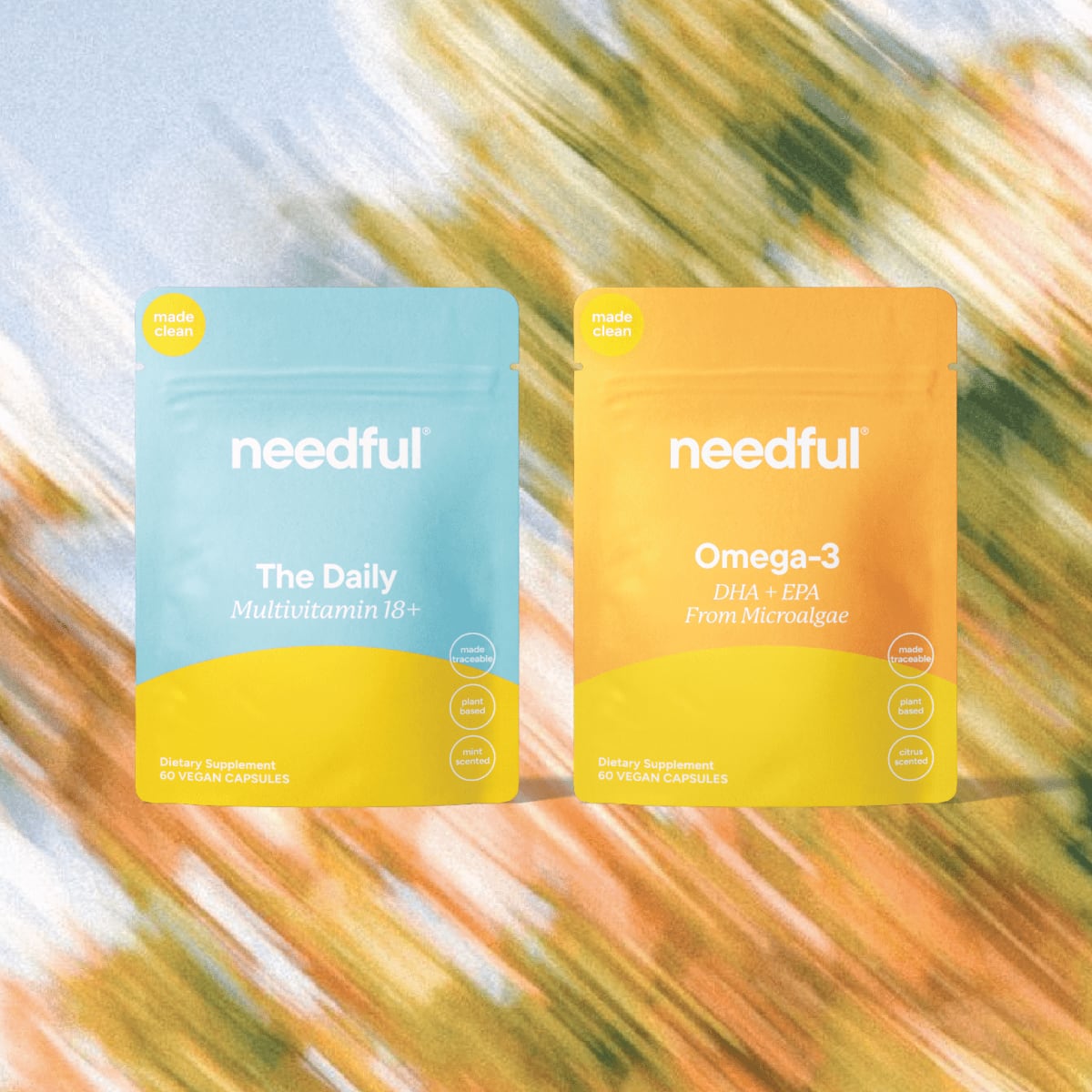
Needful seeks to break through legacy brands’ stronghold in SEA supplements market
Singapore start-up Needful is targeting young consumers to find an opening in South East Asia’s supplements market, which is said to be dominated by legacy brands.
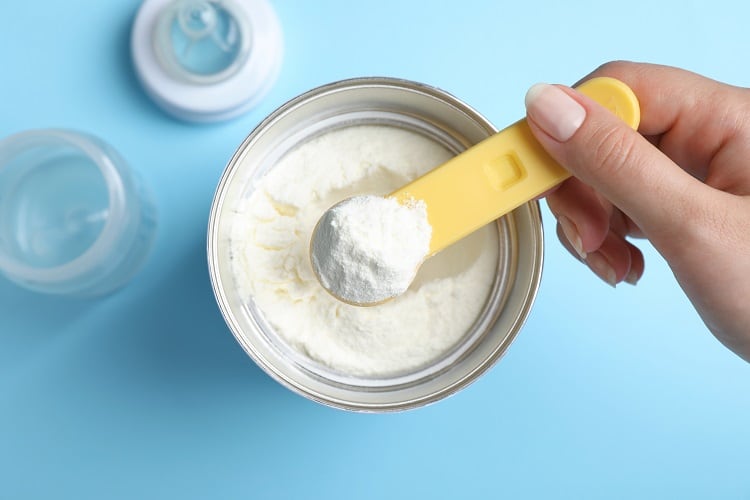
From regulatory gaps to litigation: What we know about the infant formula recalls
Manufacturers and food safety authorities are under fire after a toxin was discovered in infant formula batches. Here’s what we know so far

SANS 2026: US regulation, cellular energy and women’s health in focus on Day Two
The NutraIngredients Sports and Active Nutrition Summit (SANS) 2026 in San Diego, CA, is less than a month away! Day Two’s lineup will be focused on regulatory preparedness, emerging cellular health science, and evolving opportunities in healthy aging...

Survey shows 76% of Americans use supplements daily
Results show foundational supplements anchoring routines as targeted health needs drive portfolio expansion.

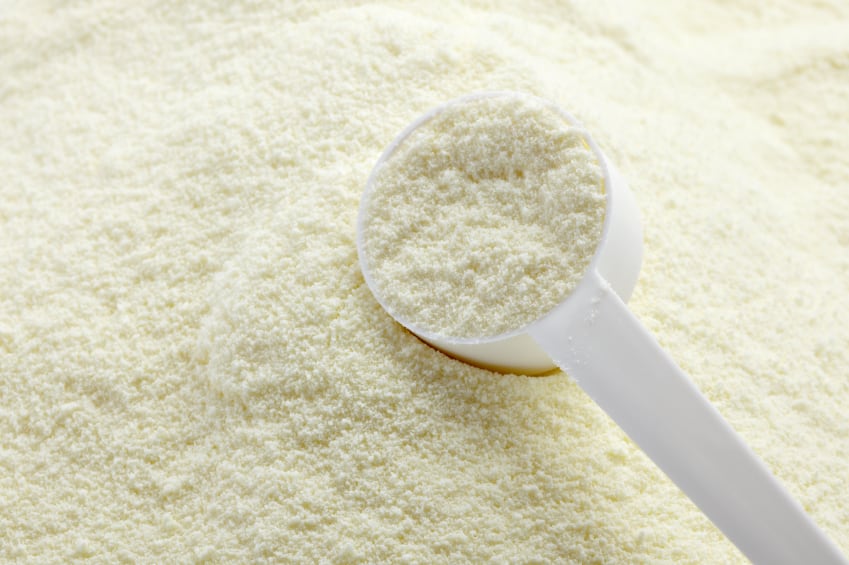
Toxin behind formula recall is largely unregulated
Industry and regulators are left guessing as no official limits have been set for cereulide

GLP-1 ranges: Should you launch one?
We round up the challenges and opportunities of entering the ‘GLP-1 friendly’ meals arena


Sustainability award recognizes value across the full supply chain
Free-to-enter NutraIngredients Awards category highlights the importance of sustainability initiatives for the longevity of the industry.
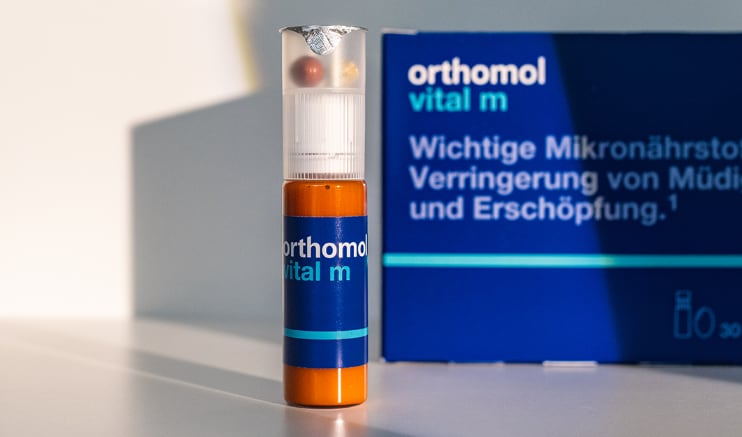
Orthomol to scale Asia expansion and launch first blue-hat product in China
German health supplement company Orthomol is scaling growth across Asia under the leadership of its new CEO and is expecting a breakthrough in the Chinese market as it prepares to launch its first blue-hat registered product.
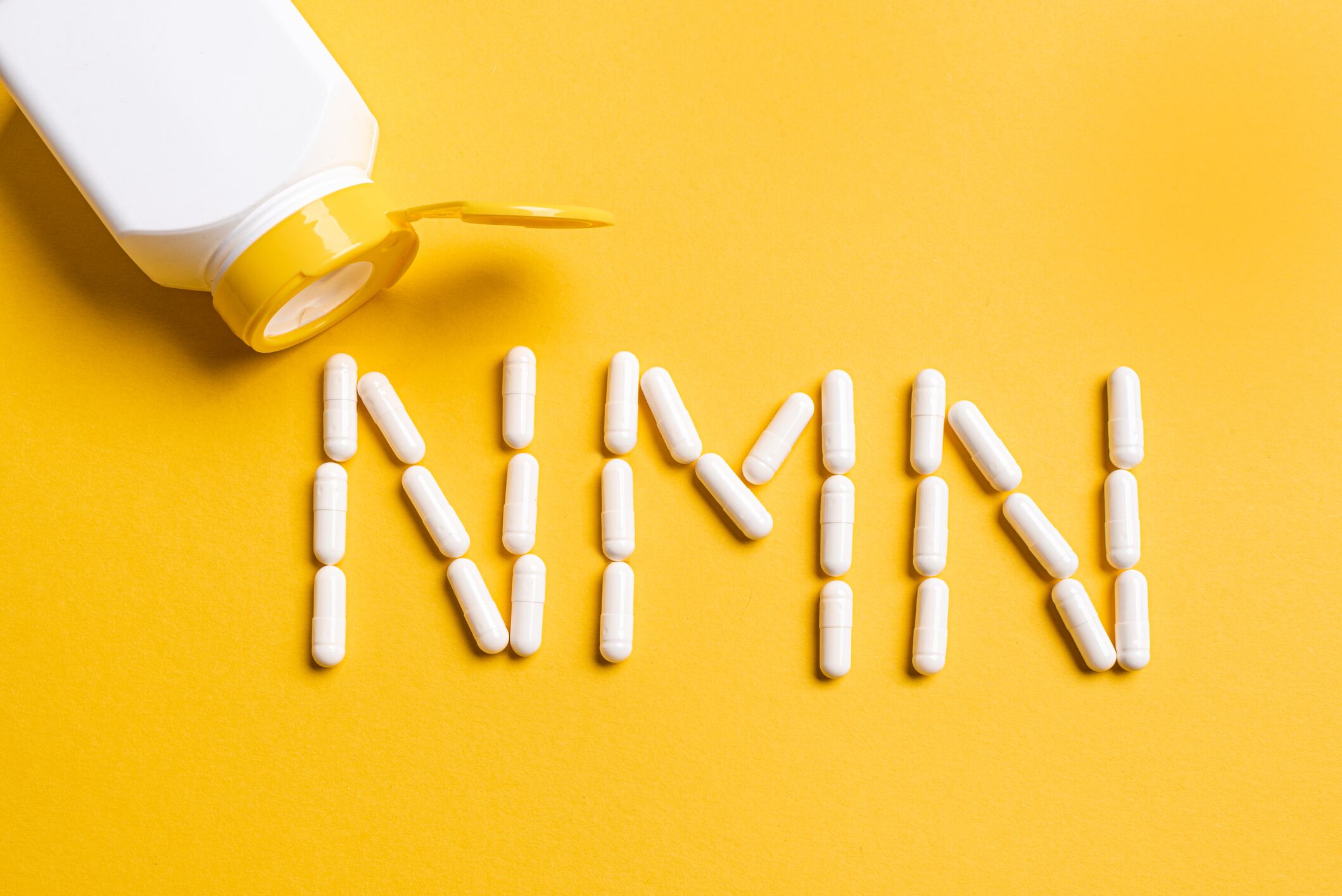
Chemist Warehouse on strategies to build Australia’s nascent NMN category
Leading Australian pharmacy chain Chemist Warehouse plans to build up the country’s nascent nicotinamide mononucleotide (NMN) category by focusing on affordability, accessibility and education.

Growth Asia Summit 2026: Calbee, NielsenIQ, PepsiCo to present this July
Calbee, NielsenIQ and PepsiCo are some of the biggest names giving keynote presentations at this year’s Growth Asia Summit.
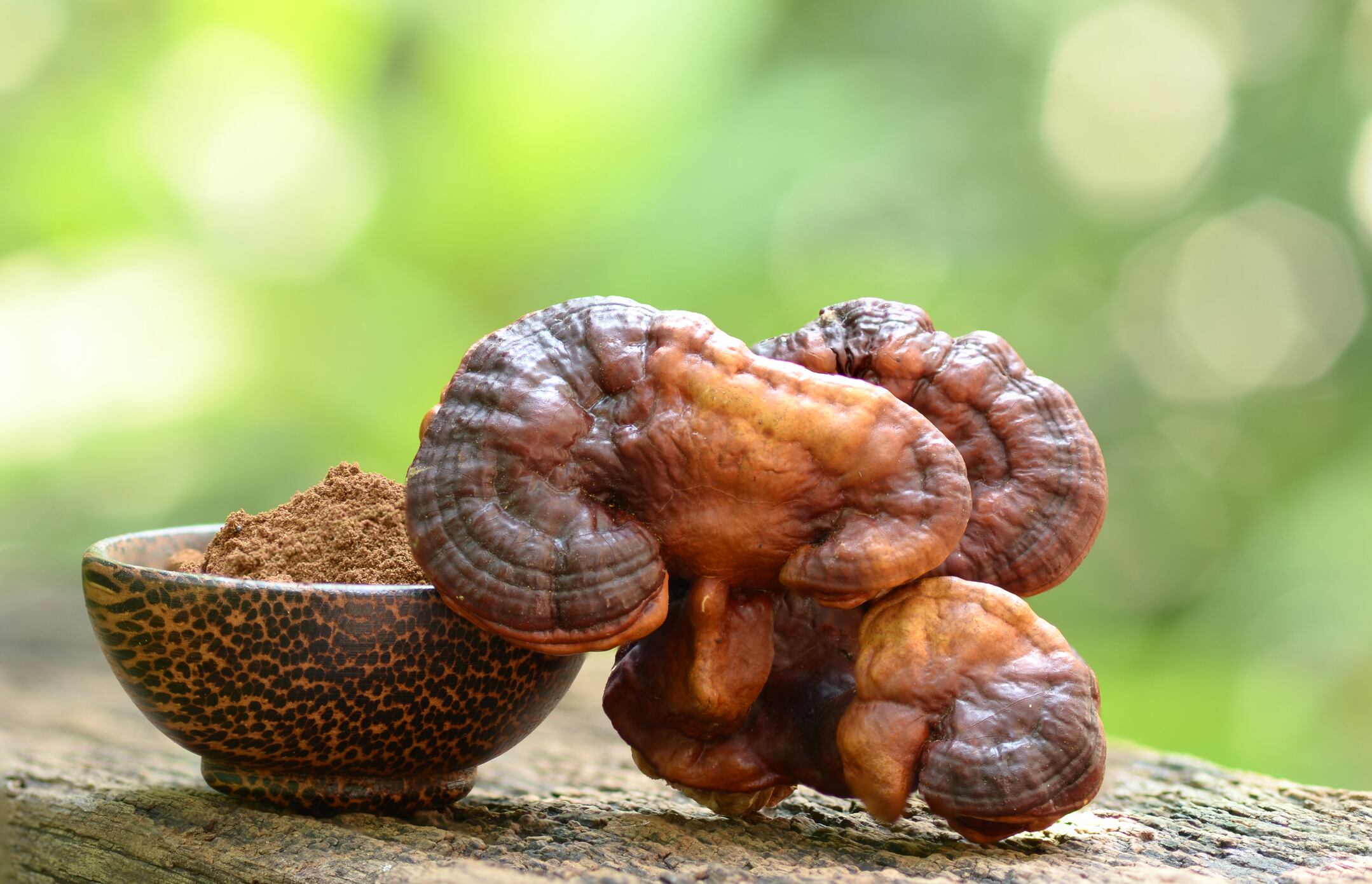
Functional Mushroom Council launched amid market growth
The Functional Mushroom Council (FMC) has launched as a nonprofit industry organization representing North American functional mushroom growers, suppliers and brands, with a focus on research, education and quality standards.
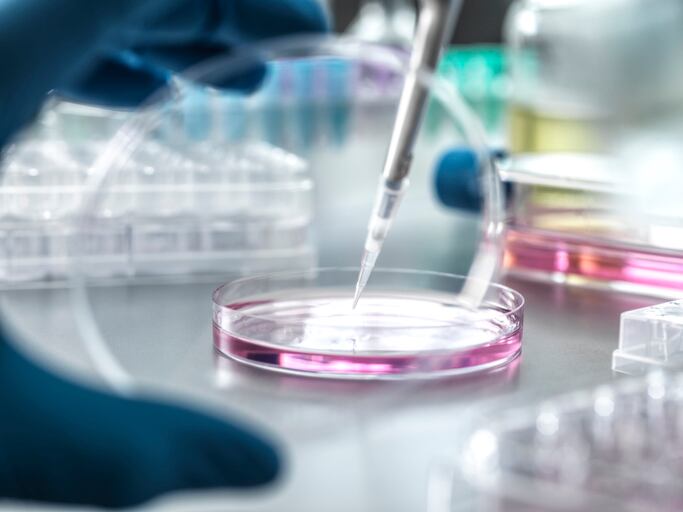
Science shorts: Asparagus root extract, magnesium L-threonate in the spotlight
This round-up looks at the latest research findings on health and nutrition, including how asparagus root extract supplementation can improve blood glucose and lipid levels, magnesium L-threonate’s benefits for cognitive performance and more.

More time, more impact: NutraIngredients Europe Awards extend entry deadline
The submission dealdine for the NutraIngredients Europe Awards has been extended to Feb. 2, 2026, providing innovators in the nutrition and health sectors with additional time to submit their entries.
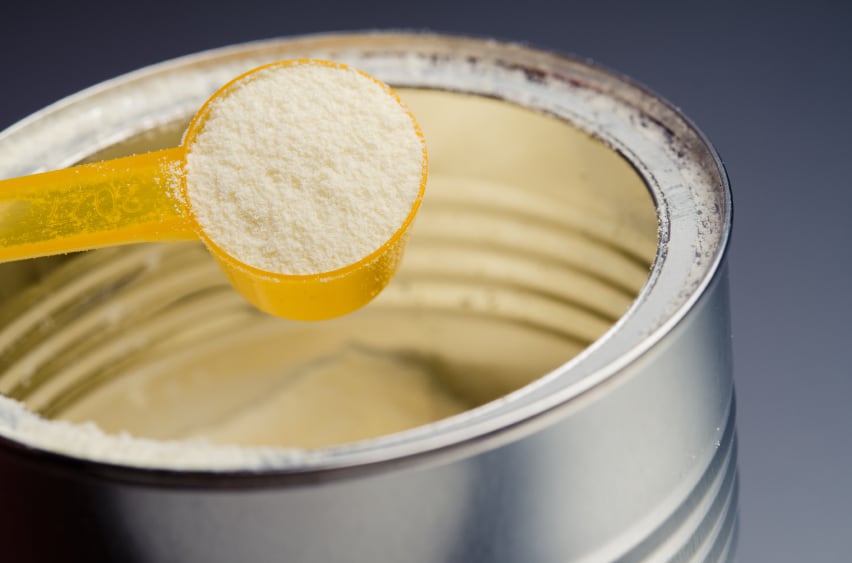
Danone and Lactalis embroiled in global infant formula crisis
Two dairy majors have pulled infant formula products as cereulide fears spread beyond Nestlé
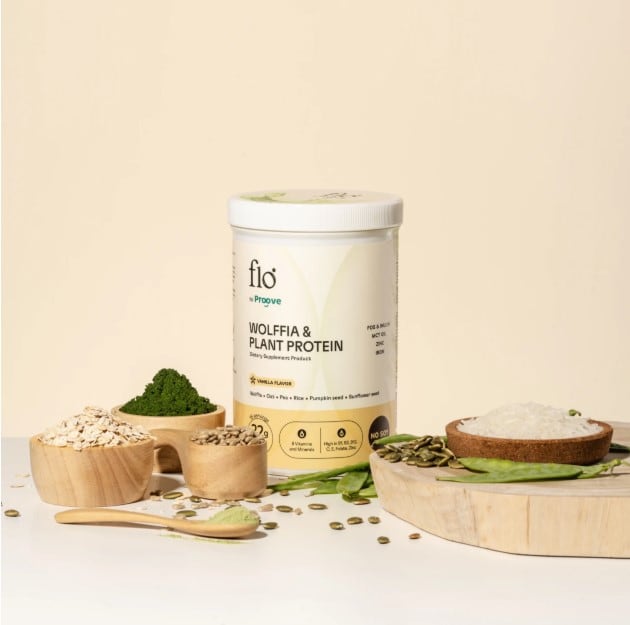
Thai firm revives superfood wolffia, blending heritage and nutrition
Thai brand Flo turns local superfood wolffia into protein drinks and flavour enhancers, tapping global demand for convenient, healthy foods
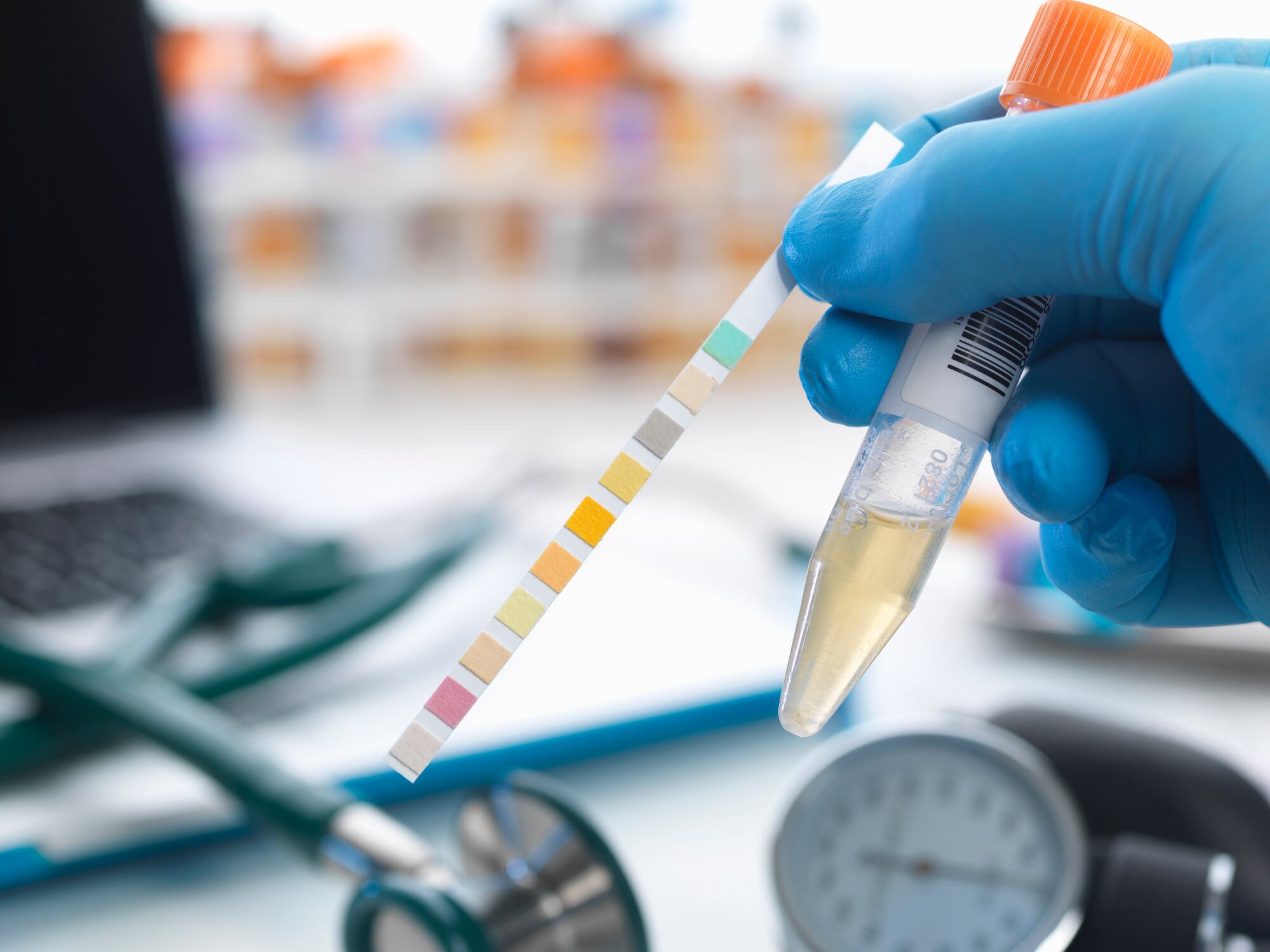
Kirin deepens immune health R&D with subsidiaries FANCL, Blackmores
Kirin is advancing its immune health R&D with subsidiaries FANCL and Blackmores, piloting a urine-immune test and launching a new immune health supplement.

7 reasons to attend NutraIngredients’ Sports & Active Nutrition Summit 2026
The Sports & Active Nutrition Summit 2026 is just over a month away! Bridging the science and business of the sports and active nutrition categories, SANS is a must-attend event, and let us tell you why…
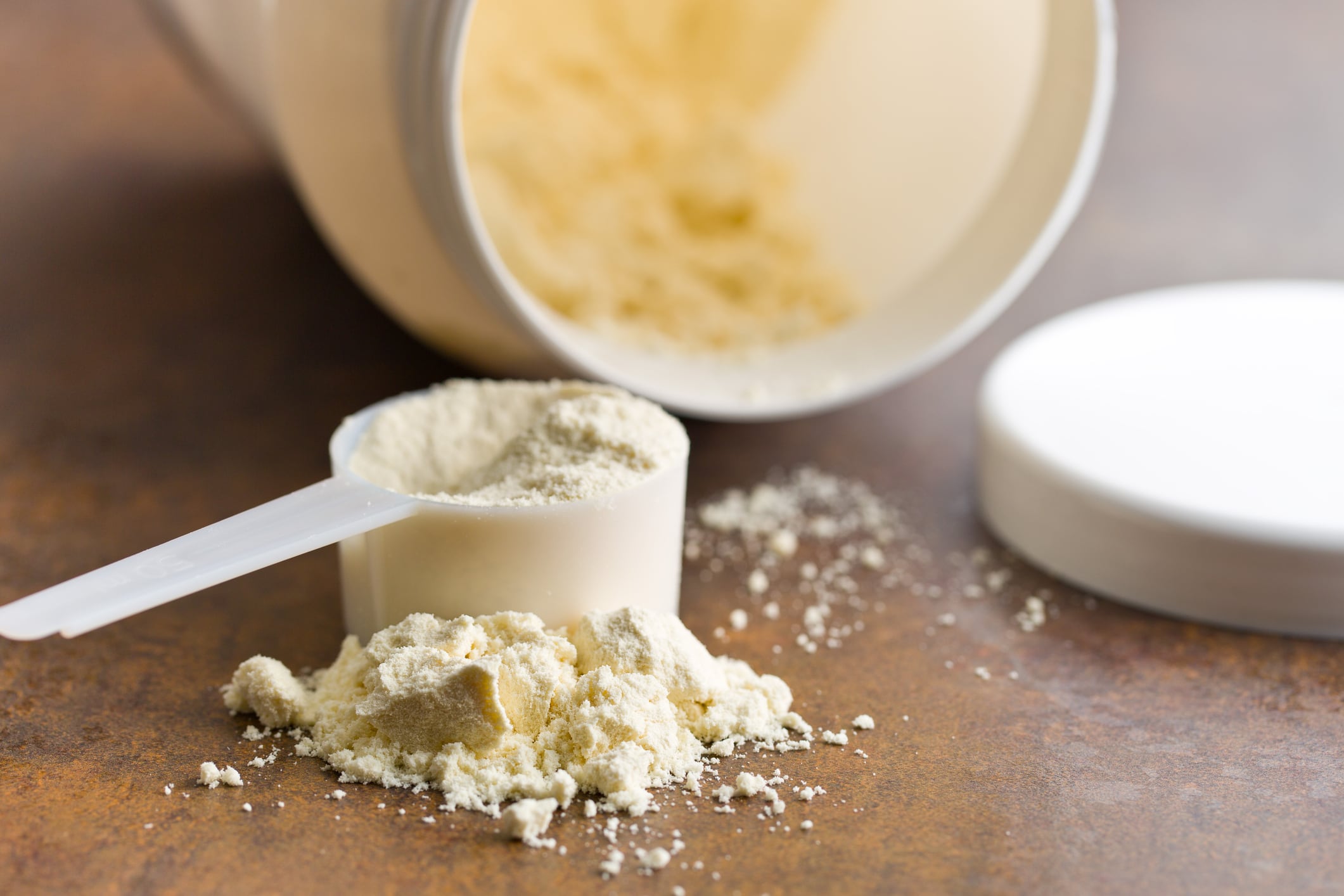
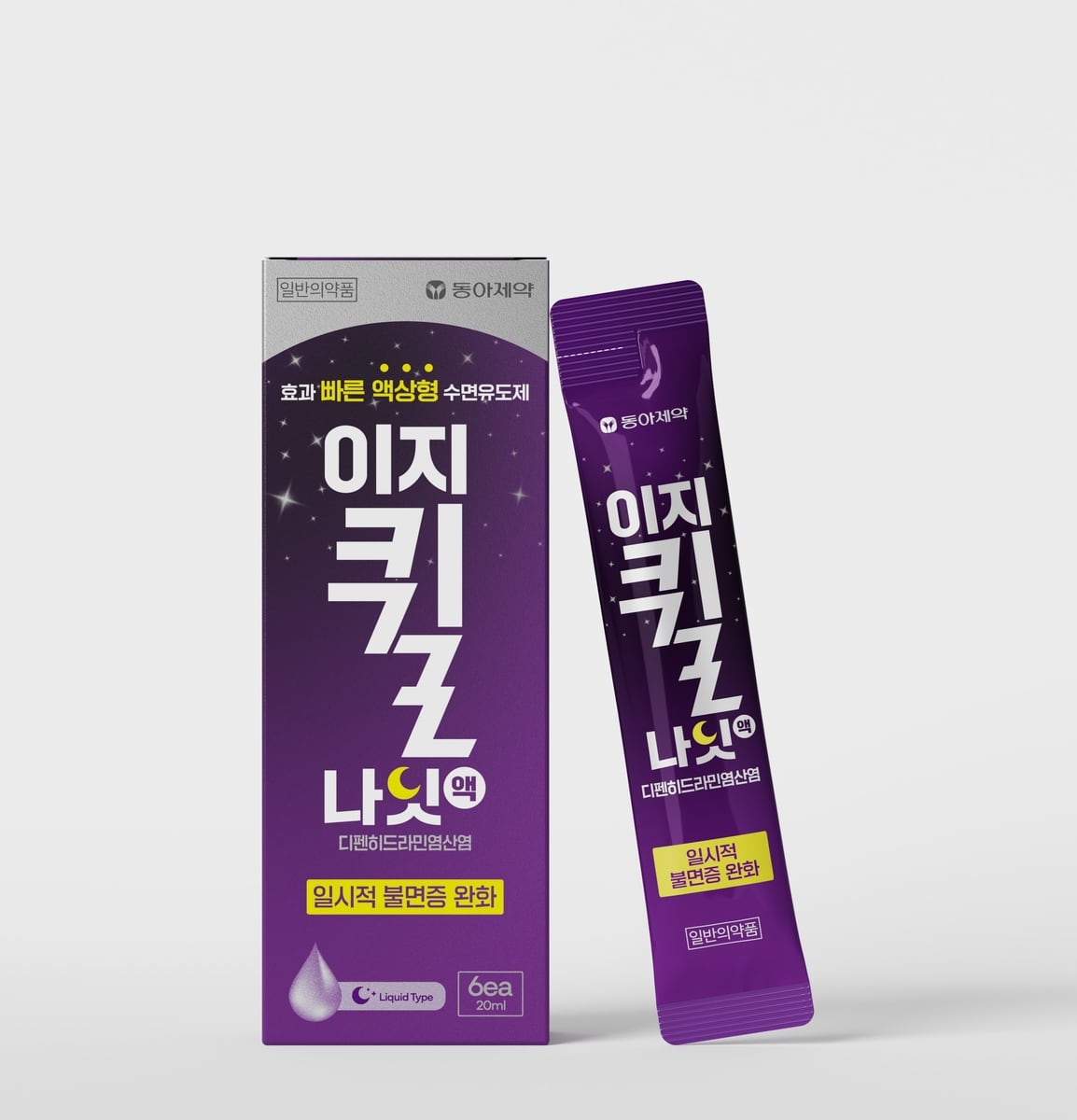
Dong-A launches first liquid sleep aid, pharmacy-exclusive health functional foods
South Korean firm Dong-A Pharmaceutical recently launched a liquid sleep aid product alongside a range of health functional foods developed in collaboration with the Korean Pharmaceutical Association.

2026 SANS Start-up Star
Q&A: Theorem on launching daily wellness shots for supplementation without friction
Theorem recently opened access to its beta program as it prepares to roll out a flagship line of liquid wellness shots designed to integrate easily into daily routines.

‘Senior-friendly’: China allows CoQ10 or melatonin to be made into oral liquid
As of March 1, health food products containing coenzyme Q10 or melatonin as a single active ingredient will be permitted in oral liquid form in China.

Persona launches supplement brand for Gen Z and millennial women
A new supplement brand created by the founder of Persona Nutrition is targeting 20-to-30-year-old women to improve their wellness.
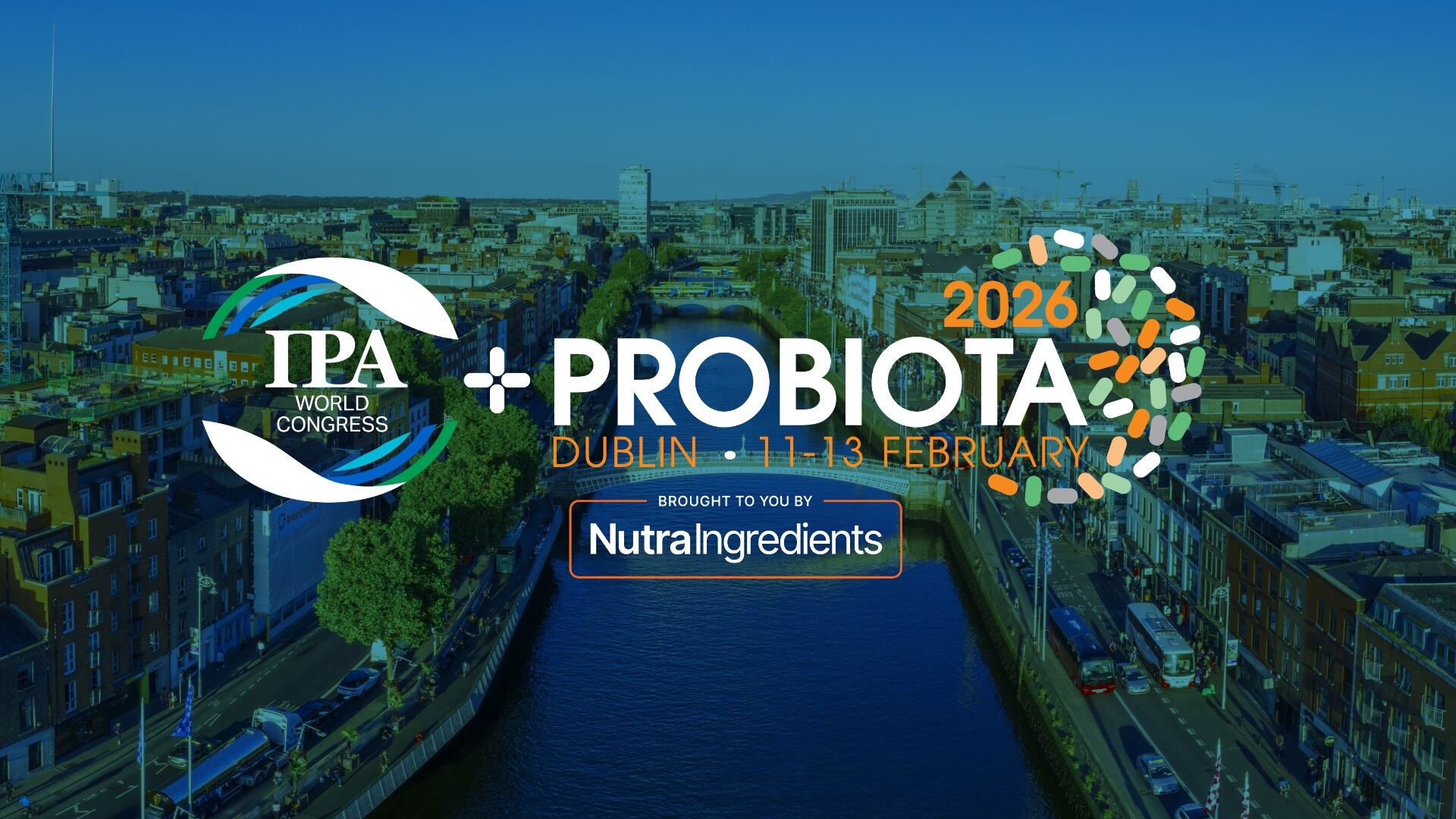
IPA World Congress + Probiota 2026: Market dynamics, pioneers, next gen biotics and ‘from bums to gums’ headline Day 1
The IPA World Congress + Probiota is less than a month away with must-see speakers on Day 1 including Dr. John Hale, Muriel Gonzalez, Ewa Hudson, Dr. Koen Venema, Meghan Taylor and more!

Trend tracker: Vietnam’s nutra market, Taiwan consumer view of multivitamins, Japan’s FFC
Find out more about trends in Vietnam’s booming nutraceutical market, how Taiwan consumers view the benefits of multivitamin and mineral products, and popular Foods with Function Claims in Japan in this roundup.
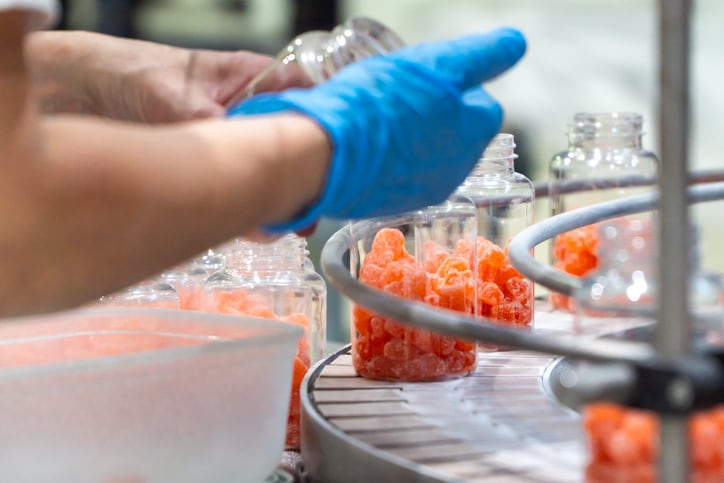
Was the $250M gummy investment worth it? Pharmavite says absolutely
Pharmavite is 90% bigger than it was in 2019, and the company says that growth is thanks to gummies.
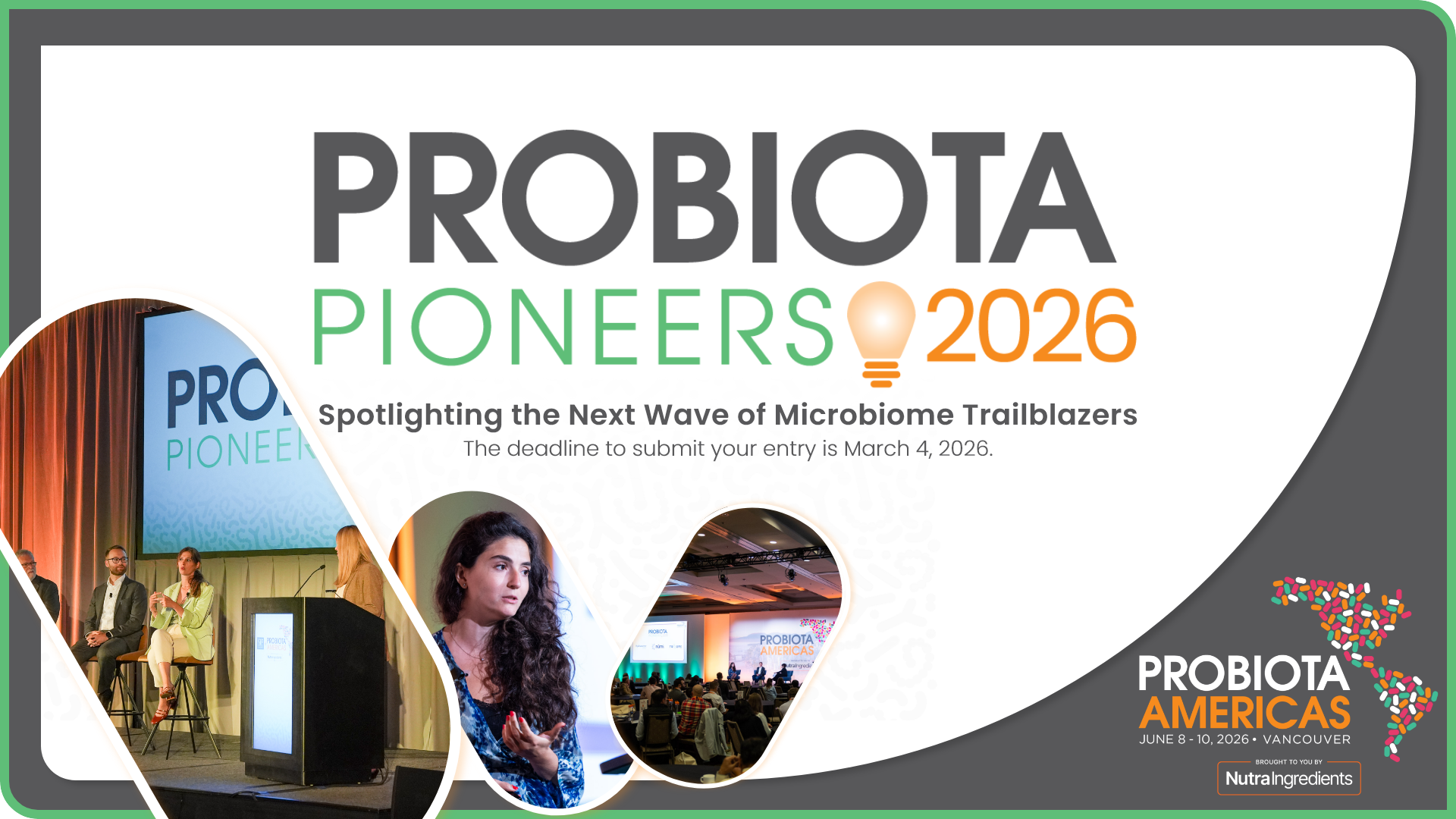
Probiota Pioneers 2026: Calling all Probiotics, Prebiotics and Microbiome start-ups
NutraIngredients is on the hunt for entrepreneurial consumer-facing, science- or technology-based start-ups to join our Probiota Americas Pioneers session and present their company in Vancouver.

RCT supports Seed’s Daily Synbiotic DS-01 for digestive and quality of life benefits
Daily supplementation with Seed Health’s DS-01 Daily Synbiotic may significantly reduce bloating and abdominal discomfort, while improving bowel regularity in otherwise healthy adults, says a new clinical study.

Amway Korea zeros in on longevity with new personalized nutrition platform
Amway Korea is embracing the emerging trend of nutrition to support longevity and healthspan with its newly launched personalized nutrition platform.
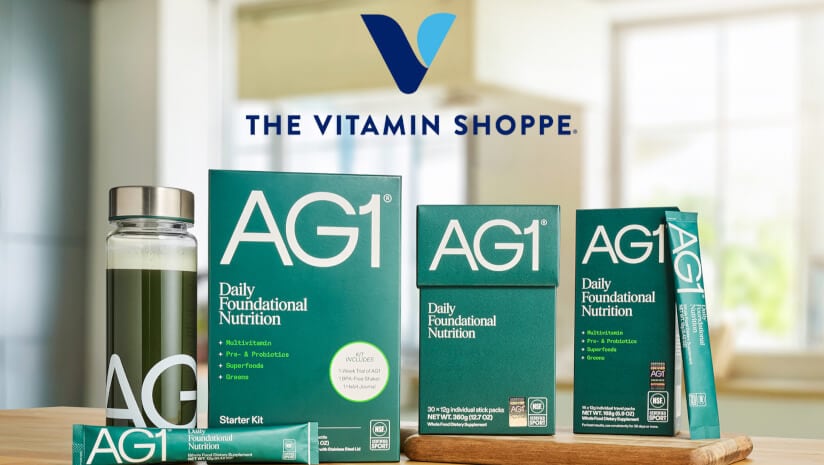
The Vitamin Shoppe launches AG1 products nationwide
The Vitamin Shoppe is rolling out AG1 products nationwide, marking the powdered greens supplement brand’s first partnership with a national specialty retailer.
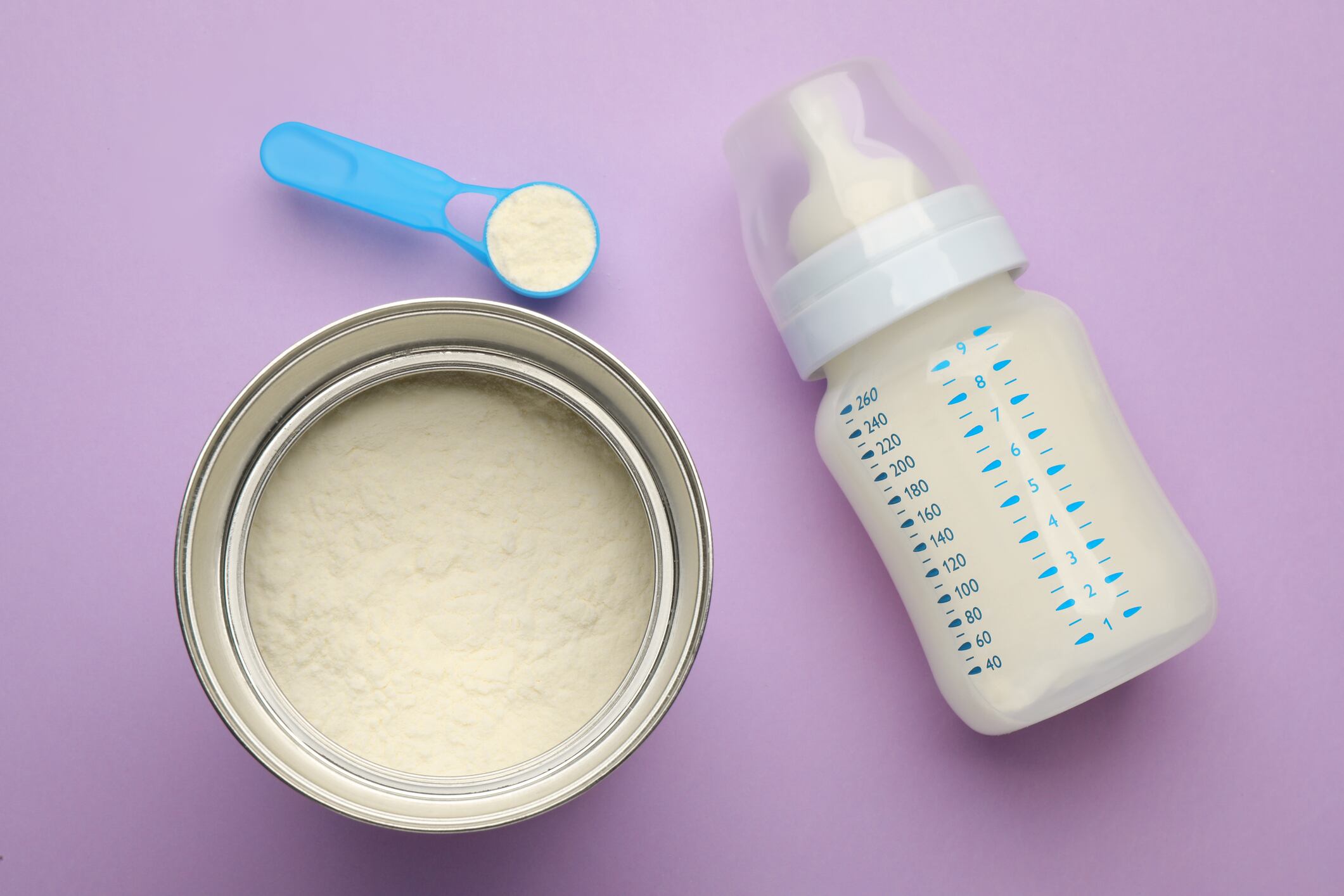
Nestlé CEO issues apology following infant formula recall
Nestlé’s global infant formula recall sparks safety concerns and transparency backlash – can the food giant restore trust?


Rae Wellness returns after operational overhaul
“When Rae had to pause, I thought that chapter was over,” said Rae Wellness founder and CEO Angie Tebbe. “But our community never stopped showing up, thousands of messages, tens of thousands of site visits, even when we had nothing to sell.”

Consumers link multivitamins to immune, metabolic and overall health benefits
According to a Haleon-funded consumer study in Taiwan, most consumers surveyed believe that multivitamin and mineral (MVM) supplement may support immune, metabolic and overall health.

Cyvex adds plant-based ferritin iron to distribution portfolio
Ingredient supplier Cyvex Nutrition has expanded its portfolio with the addition of plant-based ferritin iron through a partnership with SloIron, Inc., as supplement brands continue to look for alternatives to conventional iron salts and chelates.

Are AI-powered wellness advisors the future of personalized nutrition? Thorne thinks so
As Americans increasingly turn to AI as part of their wellness journey, Thorne recently conducted market research to better understand the consumer ‘confidence gap.’ The company came away with fresh insights and an AI-powered solution.

2026 SANS Start-up Star
Q&A: 3 Waves Wellness on connecting gut, heart and brain for ‘everyday excellence’
Supplement start-up 3 Waves Wellness is putting the gut-brain-heart axis at the center of a new approach to health, where mental fitness, metabolic health and emotional resilience drive performance and longevity.

Binding proteins: The next big thing in gut health?
Danish start-up Bactolife has secured over €30 million in its Series B investment round, enabling the company to commercialize its novel gut health solution: binding proteins.

Across the Nutraverse: iHerb acquires Vitacost, Kirin’s push into longevity, lavender supplement quality concerns
Catch up with our weekly round-up of key news from across the Nutraverse.

Luvbiotics challenges ‘kill-all’ oral care with probiotic-powered products
UK-based oral microbiome brand Luvbiotics says consumers are waking up to the benefits of holistic dental care and will be presenting their business case at the upcoming IPA World Congress + Probiota 2026.
